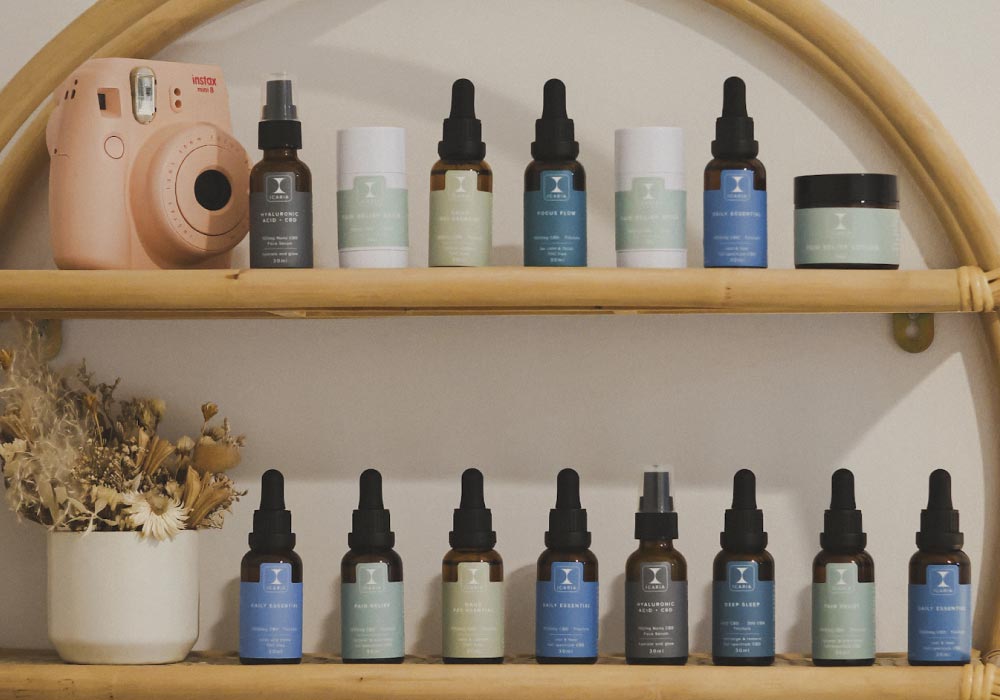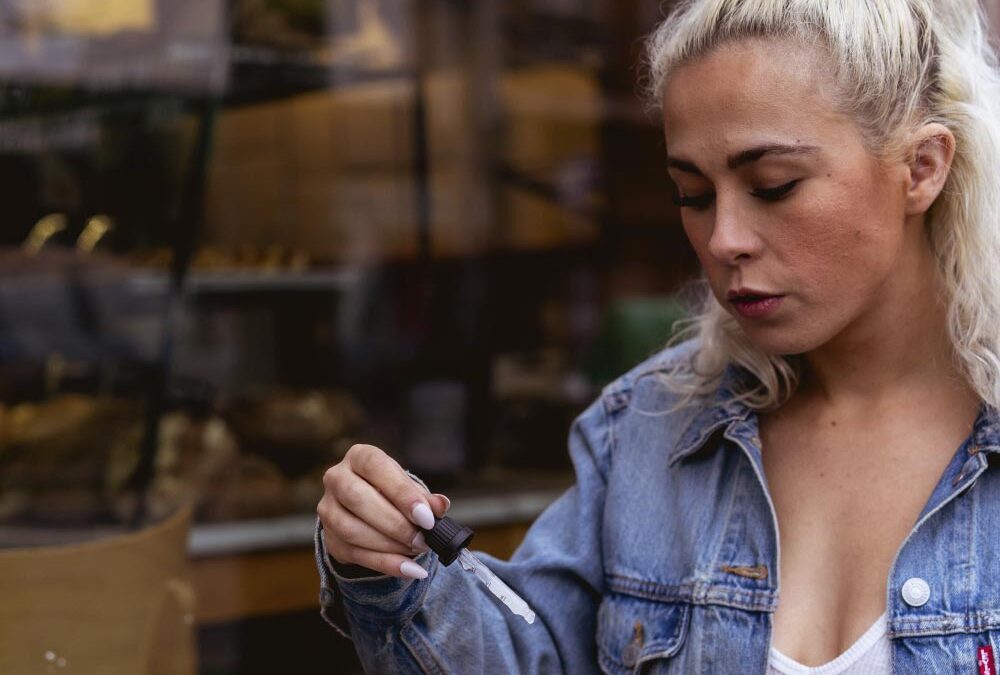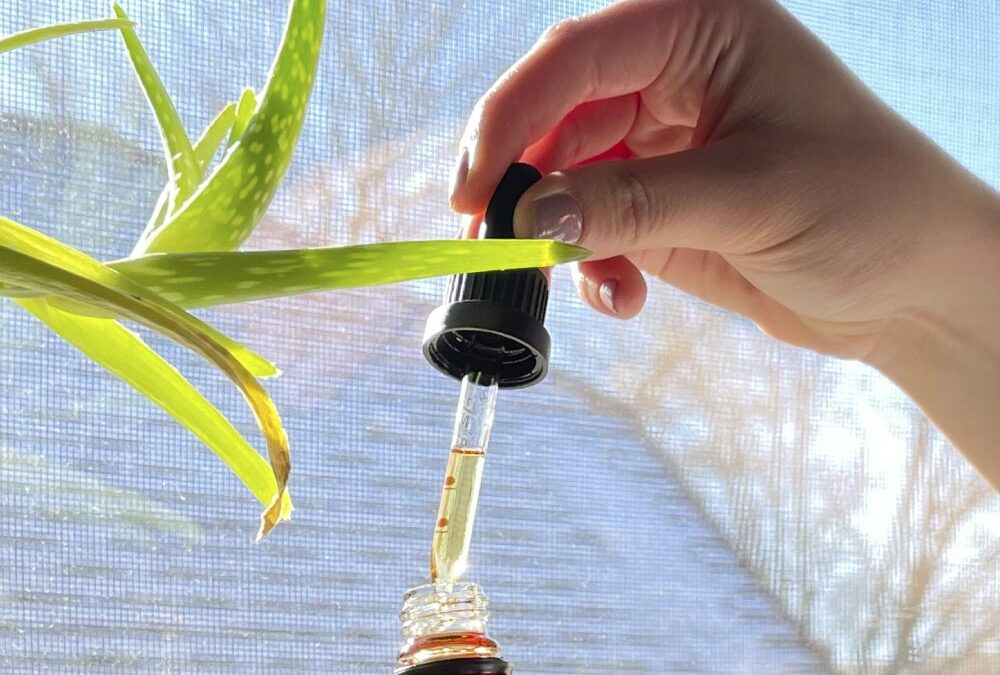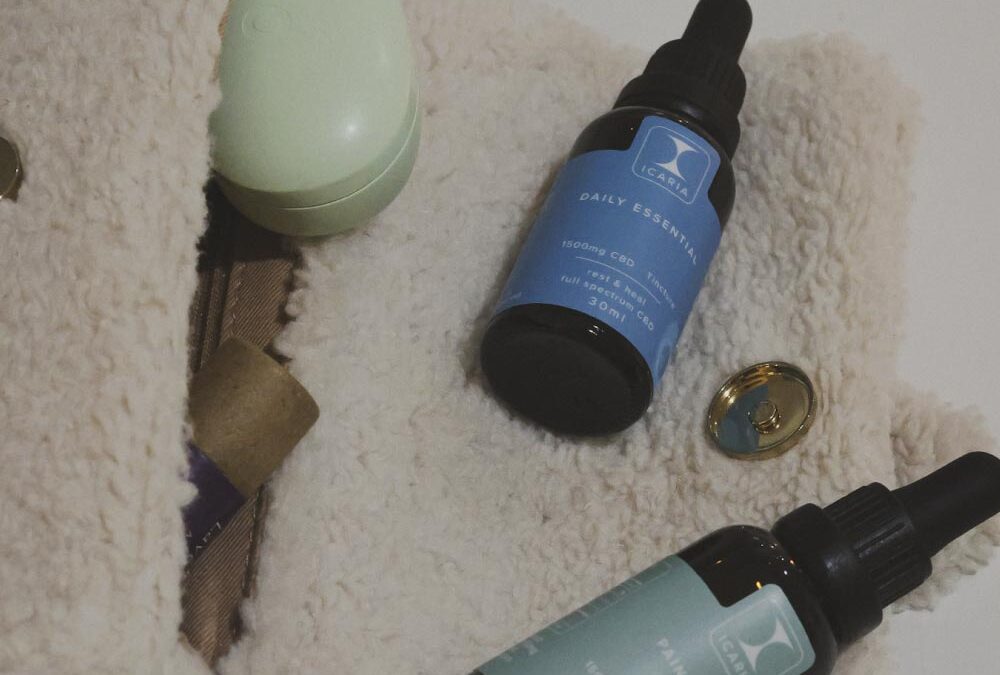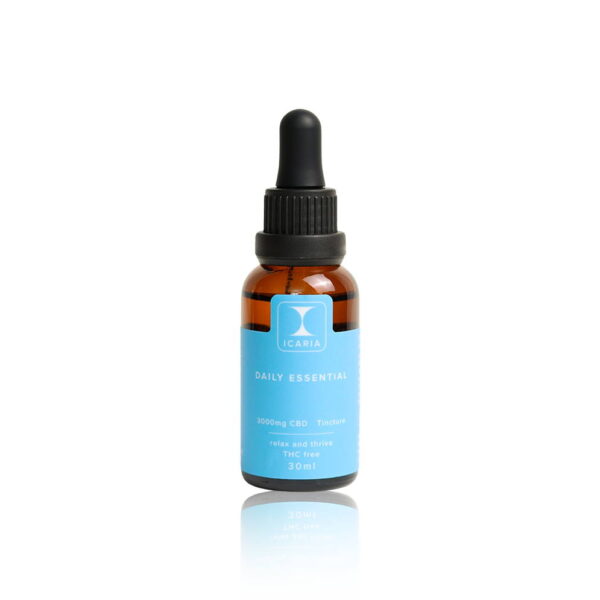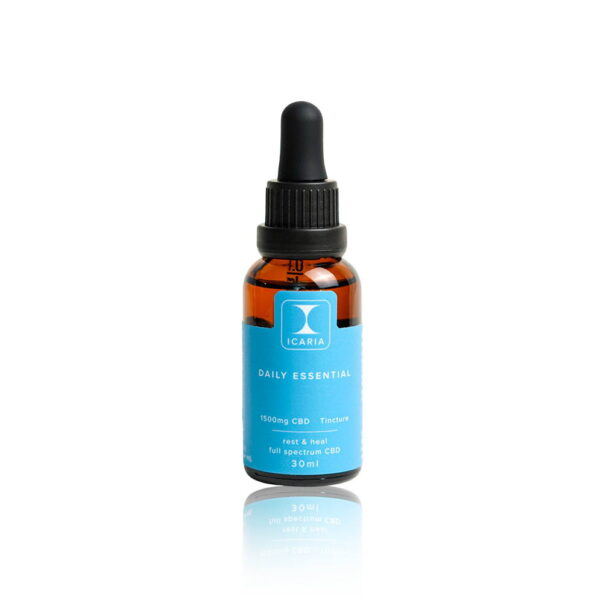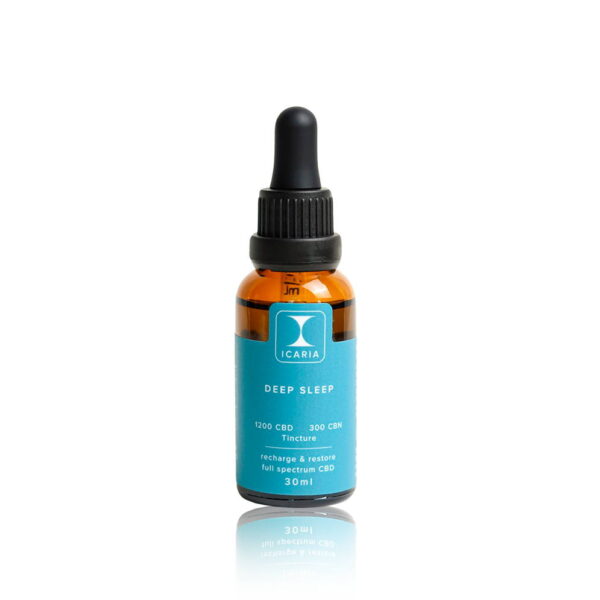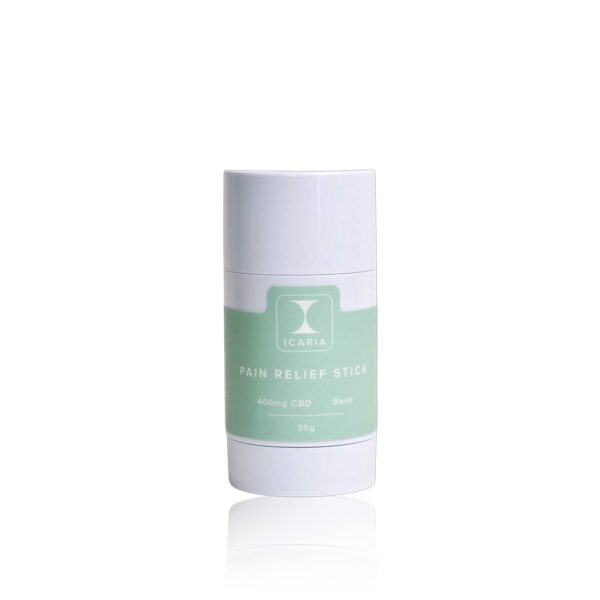Cannabidiol (CBD) oil has surged in popularity over the past few years, becoming a staple in many wellness routines. From managing anxiety and promoting better sleep to providing relief from chronic pain, CBD oil is touted for its myriad health benefits. However, as with any natural product, a common question arises: Does CBD oil go bad? The short answer is yes. Like all oils, CBD oil has a shelf life, and it’s crucial to understand how long it lasts, how to store it properly, and what to look out for when determining if it’s still safe to use.
In this comprehensive guide, we will explore how CBD oil is made, whether it expires, the factors that affect its shelf life, and the best practices for storing it to ensure it remains potent and effective for as long as possible.
How is CBD Oil Made?
To fully understand why CBD oil can go bad, it’s helpful to first grasp how it’s made. CBD oil is derived from the cannabis plant, specifically from hemp, which is a variety of cannabis with low levels of THC (the psychoactive compound responsible for the “high” associated with marijuana).
- Extraction Process: The process begins with the extraction of CBD from the hemp plant. This is typically done using CO2 extraction, which is the gold standard in the industry. CO2 extraction is a method that uses pressurized carbon dioxide to pull out cannabinoids, terpenes, and other beneficial compounds from the plant material. This method is preferred because it’s clean, efficient, and doesn’t involve the use of harmful solvents.
- Winterization: After extraction, the CBD oil undergoes winterization, a process that removes any impurities, such as fats, waxes, and chlorophyll. This step is essential for producing a high-quality oil that is both potent and pure.
- Distillation: The next step is distillation, where the oil is further refined to remove any remaining impurities and concentrate the CBD. This process ensures that the final product has a consistent potency and is free from unwanted compounds.
- Blending with Carrier Oil: Finally, the CBD extract is blended with a carrier oil, such as MCT oil, hemp seed oil, or olive oil. The choice of carrier oil can affect the shelf life of the final product, as some oils are more prone to oxidation than others.
Understanding the production process gives us insight into why CBD oil has a shelf life. The presence of organic compounds and the type of carrier oil used are key factors that determine how long the oil will stay fresh and effective.
Does CBD Oil Expire?
The question “does CBD oil go bad?” is one that many users ask, especially if they find an old bottle tucked away in their medicine cabinet. The answer is yes, CBD oil does expire, but how long it remains effective depends on several factors.
1. Shelf Life of CBD Oil
The typical shelf life of CBD oil is around 12 to 24 months, but this can vary depending on the quality of the product, the extraction method used, and how the oil is stored. High-quality CBD oil that has been properly stored in a cool, dark place can last up to two years. However, lower-quality oils, or those that have been exposed to heat, light, or air, may degrade much faster.
2. Signs That CBD Oil Has Gone Bad
There are several signs to look out for when determining if your CBD oil has gone bad:
- Change in Color: Fresh CBD oil is usually a clear, golden colour. If your oil has turned cloudy, darkened significantly, or developed a greenish tint, it’s a sign that it may have degraded.
- Rancid Smell: One of the most obvious signs that CBD oil has expired is a change in smell. Fresh CBD oil has a mild, earthy aroma. If it starts to smell pungent, sour, or off in any way, it’s likely gone bad.
- Altered Taste: Expired CBD oil can develop a bitter or unpleasant taste. If the oil tastes different than when you first started using it, it’s best to discard it.
- Change in Consistency: If your CBD oil has thickened, separated, or developed a gritty texture, it’s a sign that it’s no longer good to use.
3. Factors Affecting Shelf Life
Several factors can influence the shelf life of CBD oil:
- Quality of the Hemp: The quality of the hemp used to produce the oil can affect its longevity. Organically grown hemp that is free from pesticides and heavy metals will produce a cleaner, more stable oil.
- Type of Carrier Oil: As mentioned earlier, the carrier oil used in the final product plays a significant role in its shelf life. For example, MCT oil is more stable and has a longer shelf life compared to hemp seed oil.
- Packaging: CBD oil is typically packaged in dark glass bottles to protect it from light, which can cause degradation. Oils stored in clear or plastic bottles are more susceptible to going bad quickly.
- Storage Conditions: Exposure to heat, light, and air can accelerate the degradation process. Keeping your CBD oil in a cool, dark place, away from direct sunlight and heat sources, is essential for preserving its shelf life.
Storage Tips for CBD Oil
Proper storage is key to extending the shelf life of your CBD oil. Here are some practical tips to help you keep your oil fresh and effective for as long as possible:
1. Store in a Cool, Dark Place
Temperature fluctuations and exposure to light are two of the biggest enemies of CBD oil. To preserve its potency, store your CBD oil in a cool, dark place, such as a pantry, drawer, or cabinet. Avoid leaving it in places where it could be exposed to heat, such as near a stove, radiator, or in a car.
2. Keep the Bottle Tightly Sealed
Oxygen can cause CBD oil to oxidize and degrade over time. Always make sure the bottle is tightly sealed when not in use to minimize air exposure. This will help maintain the oil’s freshness and potency.
3. Avoid Contamination
To prevent contamination, avoid touching the dropper or allowing it to come into contact with your mouth or any other surfaces. This reduces the risk of introducing bacteria or other contaminants into the bottle, which could accelerate spoilage.
4. Refrigerate if Necessary
While it’s not necessary to refrigerate CBD oil, doing so can extend its shelf life, especially if you live in a warm climate. If you choose to refrigerate your oil, be aware that it may thicken slightly, but this doesn’t affect its quality. Simply run the bottle under warm water for a few seconds to bring it back to its normal consistency.
5. Check Expiry Date
Always check the expiration date on the bottle before using CBD oil, especially if you’ve had it for a while. While the oil may still be safe to use after the expiration date, it may have lost some of its potency.
6. Monitor for Changes
Regularly inspect your CBD oil for any changes in colour, smell, taste, or consistency. If you notice any of the signs that it has gone bad, it’s best to discard it and replace it with a fresh bottle.
Conclusion
So, does CBD oil go bad? Yes, it does. Understanding the factors that affect its shelf life and how to properly store it can help you get the most out of your investment in this popular wellness product. By following the tips outlined in this guide, you can ensure that your CBD oil remains potent, effective, and safe to use for as long as possible.
As CBD oil continues to grow in popularity, being informed about its shelf life and storage needs is crucial for anyone looking to incorporate it into their wellness routine. Remember, a little care goes a long way in maintaining the quality of your CBD oil, allowing you to fully enjoy its benefits for an extended period.
